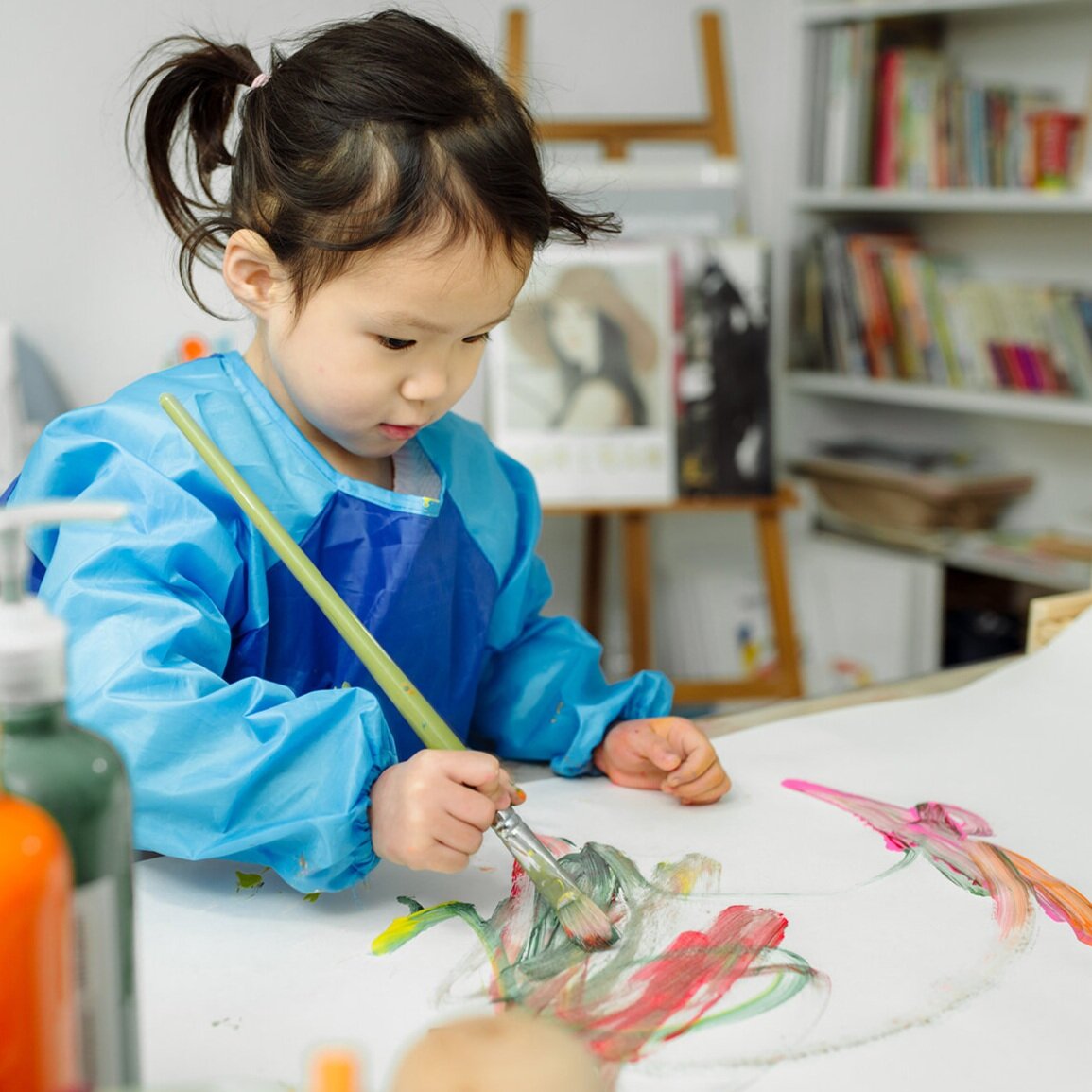Children
What does a therapy session look like?
All Jigsaw Play Therapists are trained to work creatively with the children. The theoretical model is Integrative Holistic which means the child is offered a varied tool-kit to use. This works on the premise that children use play as their language. There is no expectation that they will talk but the therapist will aim to be led by the child. This is referred to as non-directive play therapy but the therapists can work in a more directive way if needed.
Review meetings and also, progress reports are an important part of the service and they also help everyone to know how things are progressing so they can be part of the process in discussing next steps. It is important that the voice of the child is included at each stage so that they feel heard and empowered.
What is the tool kit?
The tool kit is a carefully selected range of toys and creative art materials that enable a child to work at their own pace and lead their therapy.
Sand Play supports the child to explore and tell their story
Puppets support a child to explore relationships and their attachments
Music is a great way to communicate without the need for words, aiding connections
Therapeutic Stories help a child to connect metaphorically to their inner resources
Creative Visualisations promote relaxation and mindfulness
Clay aids creativity and supports their ability to express how they are feeling
Art through drawing and painting provides a creative outlet
Movement enables self-expression and can be a great release
How do I go about starting therapy?
Jigsaw accepts referrals from schools, local authority teams, fostering and adoption agencies GP's and other health professionals. We are also happy to talk through the process with parents who wish to refer directly into the service.
Filial Play Coaching
Filial coaching is a way of working directly with the parent and also the child to support attachments and help to develop their relationship. In the busy world we live in we sometimes find it hard to fit everything in. With the support from your coach parents are guided each step of the way. Techniques, and playful ideas to engage are shared. If you are interested in Filial Play support, please indicate this on the enquiry form and we’ll guide you through each step.
Making a referral
In the initial stages we will arrange a brief telephone conversation to discuss what is required and from there we can move forwards to a formal referral as appropriate. You can use the contact Jigsaw Play Therapy Form to make this process of initial contact easier.
There is a simple process involved once agreed which Therapy is the right intervention.
An interview with the Parent / Carer will take place to gather information but the main aim at this stage is to start to build a positive working relationship to ensure the therapy is as effective as possible.
Meetings with teachers and other professionals involved in the child's world would also be arranged as appropriate.
We use the Goodman's Strength and Difficulties Questionnaire as part of our assessment and welcome these to be completed by referrers and parents. When we meet the child, they would be able to complete one too.
Once the permission form has been competed by all those with parental responsibility for the child the work can then begin.
We are happy for the sessions to be carried out in different settings and will work out where would be the most suitable for each child. This could be in one of designated therapy rooms or perhaps in the child's own school. Sometimes sessions have been held in the childs own home if a suitable space can be provided.
The SDQ will give us a guide to how many sessions will be needed in the first instance.
This is likely to be a minimum of 15 and this can be extended further when required. You will be told how many sessions would be advised as part of the referral and assessment process.
The ending of the therapy is as important as the start and we will ensure that everyone is aware of how many sessions are left at each stage so the work is closed down safely.



